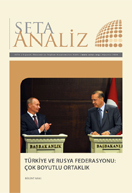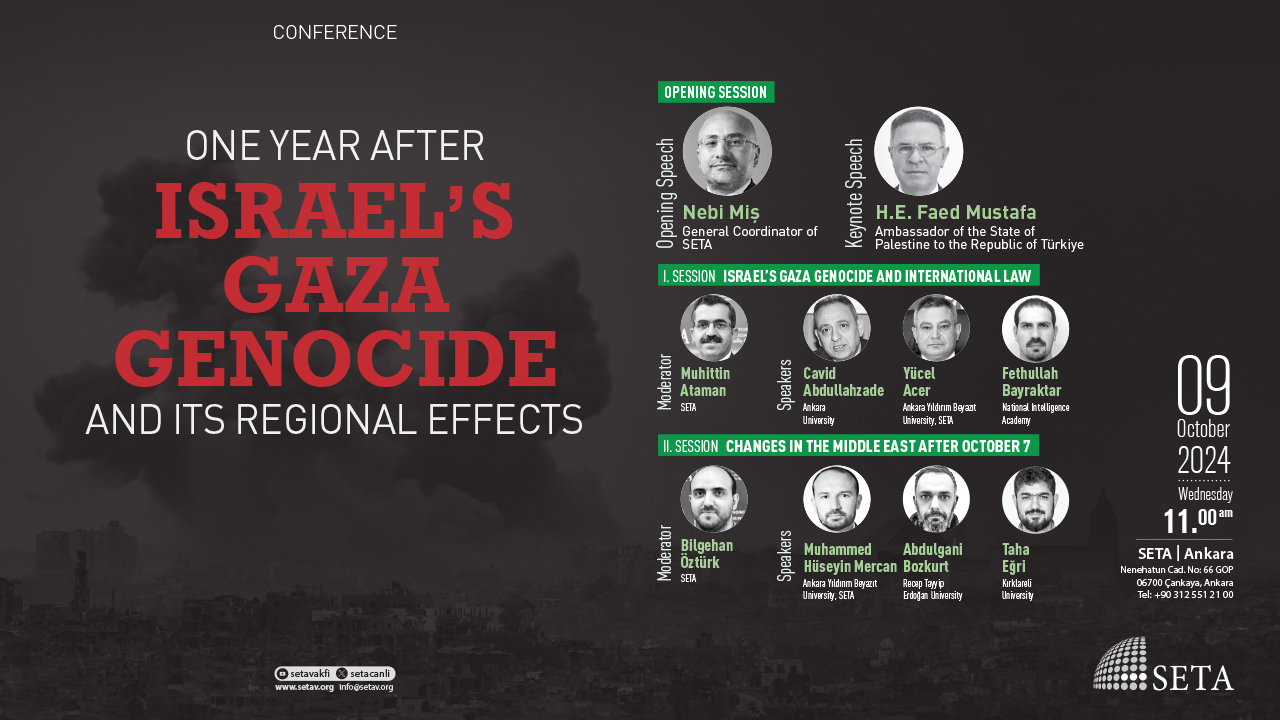Last week, I discussed the three perceptions of threat regarding Islamic political parties and groups: they’re a threat to democracy, they’re a threat to Western interests, and they are violent.
As a socio-political phenomenon, political Islam is important in light of three interrelated developments. The first is the phenomenon of the “return of God.” Islamic political activism is part of the global return of religion and thus reflects a phenomenon of hyper-modernity and globalization. This “return,” observed from Buddhist and Hindu communities to Jewish and Christian organizations, means many things: religious, spiritual, moral but also social, worldly and political. The spread of Islamic political ideas is not necessarily or solely a matter of ethical and spiritual revival. It is also a political process whereby a new social imagery and political vocabulary emerges to deal with the “material” realities of the world. Harvey Cox’s “Religion in the Secular City: Toward a Postmodern Theology” (1984), the sequel to his “The Secular City” (1965), is still valuable for drawing attention to the new forms of religiosity in the aftermath of the collapse of the grand narratives of secular modernity. The second area in which religious revival bears on the new frontiers of the political sphere is the process of secularization. Today Eastern and Western societies are witnessing the emergence of new religious identities and spiritual spaces. The return of God to the modern world means a major revisiting of the meaning of the secular as a grand promise of Western modernity. As Peter Berger and others have argued, the “de-secularization” of the world in its countless forms is not a simple “re-sacralization” of it. Secularization is too complex to be treated as a unidirectional process. Yet the fact that it is losing its discursive power confirms the breaking down of the rigid constructions of secular modernity and points to the emergence of a post-secular social context for negotiating the relations between religion and politics. But it must be remembered that a good part of this discussion pertains to Europe and the United States. Non-Western societies have not gone through the stages of comprehensive secularization that Western societies have experienced. While Muslim societies cannot claim immunity, they have followed different trajectories and produced different experiences. The political and economic realities which led to an inevitable collision between the Church and the new bourgeois classes in the 18th and 19th centuries never existed (and are still absent) in Muslim countries. The political economy of European secularization had to push the clergy out of the political and economic decision-making processes to ensure the expansion of European capitalism. The 19th century bourgeois revolution was anti-clerical and had to be so to protect its new interests. The ideas of liberty, democracy and individual rights, which we take for granted as universal values, were promoted by the new bourgeoisie to hem in its main political competitor, the Church. None of these developments have their equivalent in the Muslim world. By contrast, the mainstream Islamic tradition has not developed a radical distinction between the spheres of religion and politics or between the religious and the secular. Attempts at finding traditional equivalents in Muslim societies to modern institutions of secularism are anachronistic readings. While secularism has become anti-clerical but not necessarily anti-religious in the West, it has become anti-religious in most Muslim countries for reasons that need further explanation. Be that as it may, the rise of social activists and political actors with Islamic credentials and/or claims is certain to have a transformative impact on the state of secularism in most Muslim countries. As the Muslim public space becomes less oppressive and more pluralistic and the forms of militant secularism su
How to Engage Political Islam (II)
Last week, I discussed the three perceptions of threat regarding Islamic political parties and groups: they’re a threat to democracy, they’re a threat to Western interests, and they are violent.
Share
Tags »
Related Articles








